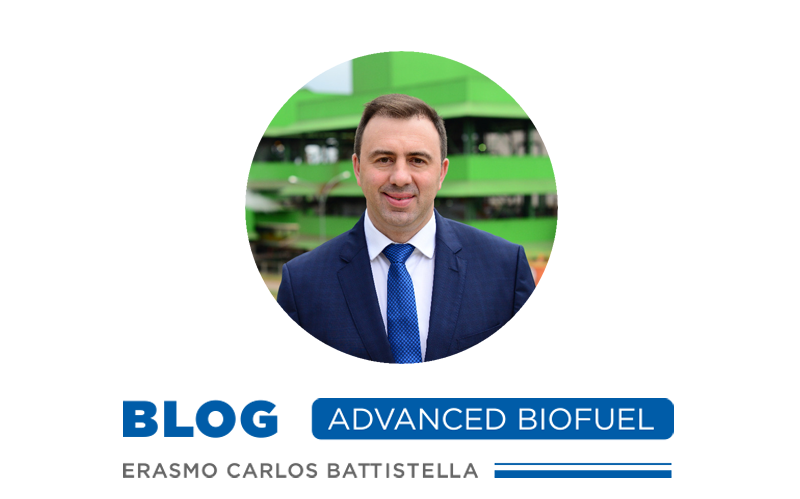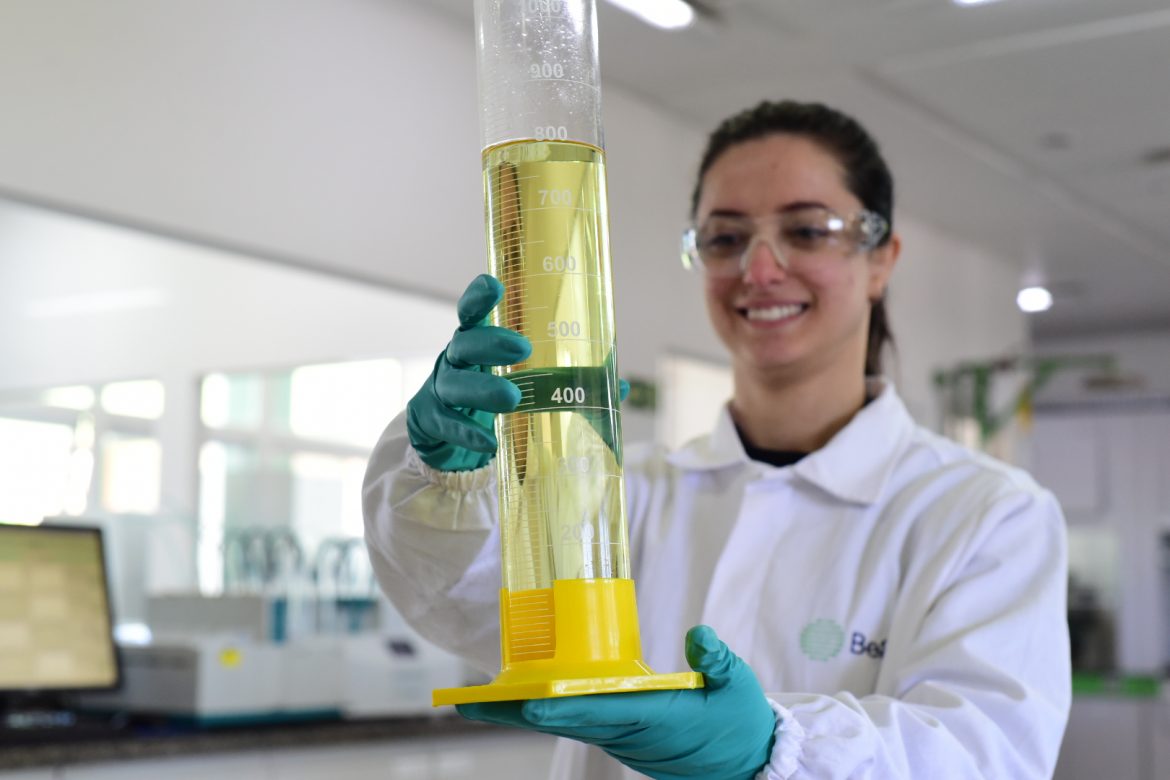Santander Brasil granted new financing of R$90 million linked to ESG (environmental, social and governance) commitments to Be8. This is the third operation of this nature carried out between the Bank and the company since July last year. The previous ones totaled R$100 million in resources, which are being invested in improving the operations of the company, the largest biodiesel producer in Brazil.
The agreed counterpart for this new transaction was the use of at least 20,000 tons of used cooking oil (UCO) volume for the production of biodiesel in 2023, which represents an increase of 48% in relation to the volume 2022. The use of UCO in the production of biodiesel provides two simultaneous environmental benefits: in addition to reusing material that is often discarded incorrectly, greenhouse gas emissions from biodiesel produced with UCO can be up to 40% lower than that produced with oil of virgin soybeans and up to 80% smaller than conventional diesel, according to Be8’s internal analysis.
Santander is a pioneer in the lending market linked to sustainability goals in Brazil. The Bank’s purpose is to support its clients in the transition to a low-carbon economy, acting as a structurer, financier and guarantor of projects for activities with a positive impact, such as biofuels.
This new Be8 operation was structured as a Sustainability Linked Loan. In this model, the Bank offers an incentive to the customer (reduction in the operation’s interest rate) by meeting targets for environmental, social or governance indicators pre-established in the contract, which will be reported by Be8 at the end of the fiscal year.
“We have an important role, as a financial institution, to promote sustainable practices in the business we do with our clients. In the case of Be8, we found different activities that perfectly fit this premise, which opened up space for recurring partnerships”, says Esther Unzueta Dominguez, head of Sustainable Finance at Santander Brasil.
For us, at Be8, it is very important to have this partnership with Santander because it accredits our ESG initiatives and strengthens the belief that we are, in Brazil, within a circular economy model, an example of the use of raw materials and sustainable biofuel production.
In the first operation between Santander and Be8, the commitment made was linked to the expansion of the Ser Sustentável program, which has as a partner the Cooperativa Amigos do Meio Ambiente (COAMA). The institution works with recyclers and has an environmental license to collect used cooking oil from commercial establishments and homes in Passo Fundo (RS). The expectation was to reduce the environmental impact caused by the inadequate disposal of waste in the environment and increase the income of families that were already part of the cooperative by 15%.
The initiative installed new collection points and provided more equipment for packaging the transportation of the collected oil, which is destined for biodiesel production, completing the circular economy cycle. In the eight months of implementation of the Ser Sustentável program, an income of R$ 23,350.00 was generated and the amount shared by the project participants resulted in a 24.92% growth in the monthly income of each member, exceeding the target established as an indicator of first financing operation.
2SC Sustainable Supplier Credit Program
The second financing considered in return the increase in the volume of animal fats as raw material and the generation of Decarbonization Credits (CBIOS) from suppliers participating in the 2SC Sustainable Supplier Credit Program. Through this initiative, the raw material supplier has access to both financial benefits and incentives related to ESG issues.
Increased use of OCU as a raw material
The use of UCO for biodiesel production grew 30% in 2022 in Brazil compared to the previous year. The volume of 148 million liters is a record, considering the data compiled in the Dynamic Panel of the National Petroleum, Natural Gas and Biofuels Agency (ANP), see table below, and available since 2017.
The potential for using OCU is very large: the estimated consumption of edible oil in Brazil was around 4 billion liters in 2022. As it is a residual raw material, no greenhouse gas (GHG) emissions are attributed. to this input, maximizing the decarbonization potential of biodiesel, increasing the amount of Decarbonization Credit (CBIO) that can be issued per volume produced in accordance with the National Bifuels Policy (RenovaBio).

